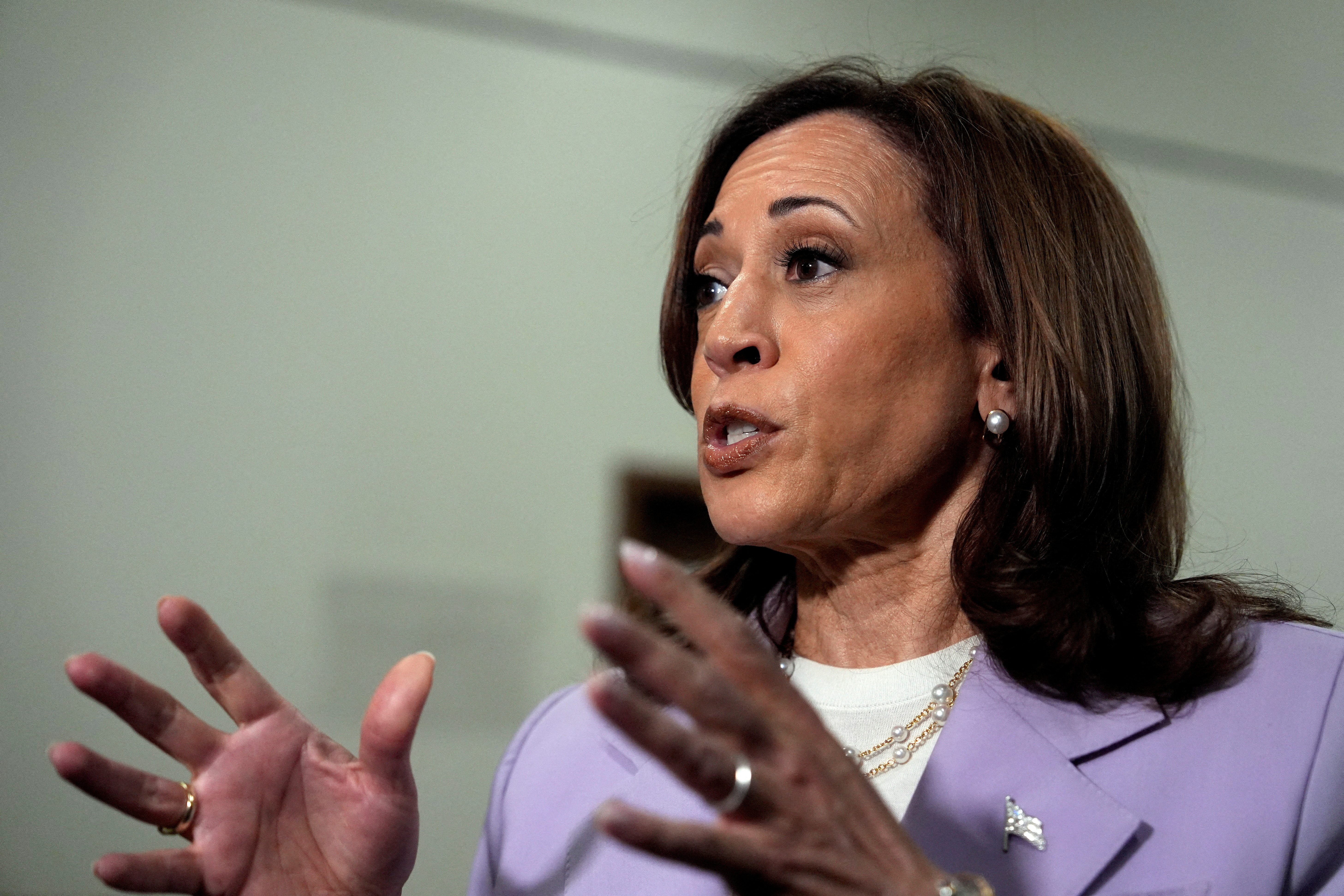Kamala Harris’ Economic Agenda: A Focus on Tax Cuts, Price Control, and Affordable Housing

Kamala Harris has unveiled her economic plan, which builds on President Biden’s policies with new initiatives aimed at lowering costs and taxes for Americans. In her first major speech focused on the economy as the Democratic presidential candidate, Harris plans to introduce proposals that include cutting taxes for families, banning grocery price gouging, and boosting affordable housing.
Harris is set to deliver this speech in Raleigh, North Carolina, where she will outline her agenda for the first 100 days in office. Key elements include expanding the child tax credit to $6,000 for families with newborns, reducing taxes for families with children, and lowering prescription drug costs. These proposals are designed to appeal to working-class voters who are concerned about rising costs and economic stability.

While Harris’ plan mirrors much of Biden’s economic agenda, it introduces new measures, such as homebuyer credits and penalties for companies engaged in price gouging. For instance, she proposes a $25,000 credit for first-time homebuyers and aims to build 3 million new housing units. Additionally, her plan includes a federal ban on price gouging for food and groceries, with the Federal Trade Commission imposing harsh penalties on violators.
Harris’ agenda also contrasts sharply with her Republican opponent, Donald Trump, particularly on tax policy and tariffs. While Trump has proposed new tax cuts and suggested making the 2017 corporate tax cuts permanent, Harris plans to maintain Biden’s promise not to raise taxes on individuals earning less than $400,000 annually. She also opposes Trump’s idea of imposing new across-the-board tariffs on imports.
Despite the appeal of progressive economic ideas among voters, implementing Harris’ policies will likely face challenges in Congress, where similar proposals from Biden have struggled to gain traction. To navigate potential opposition, Harris’ campaign is expected to be strategically ambiguous on certain issues, focusing on broader goals rather than divisive details.





















